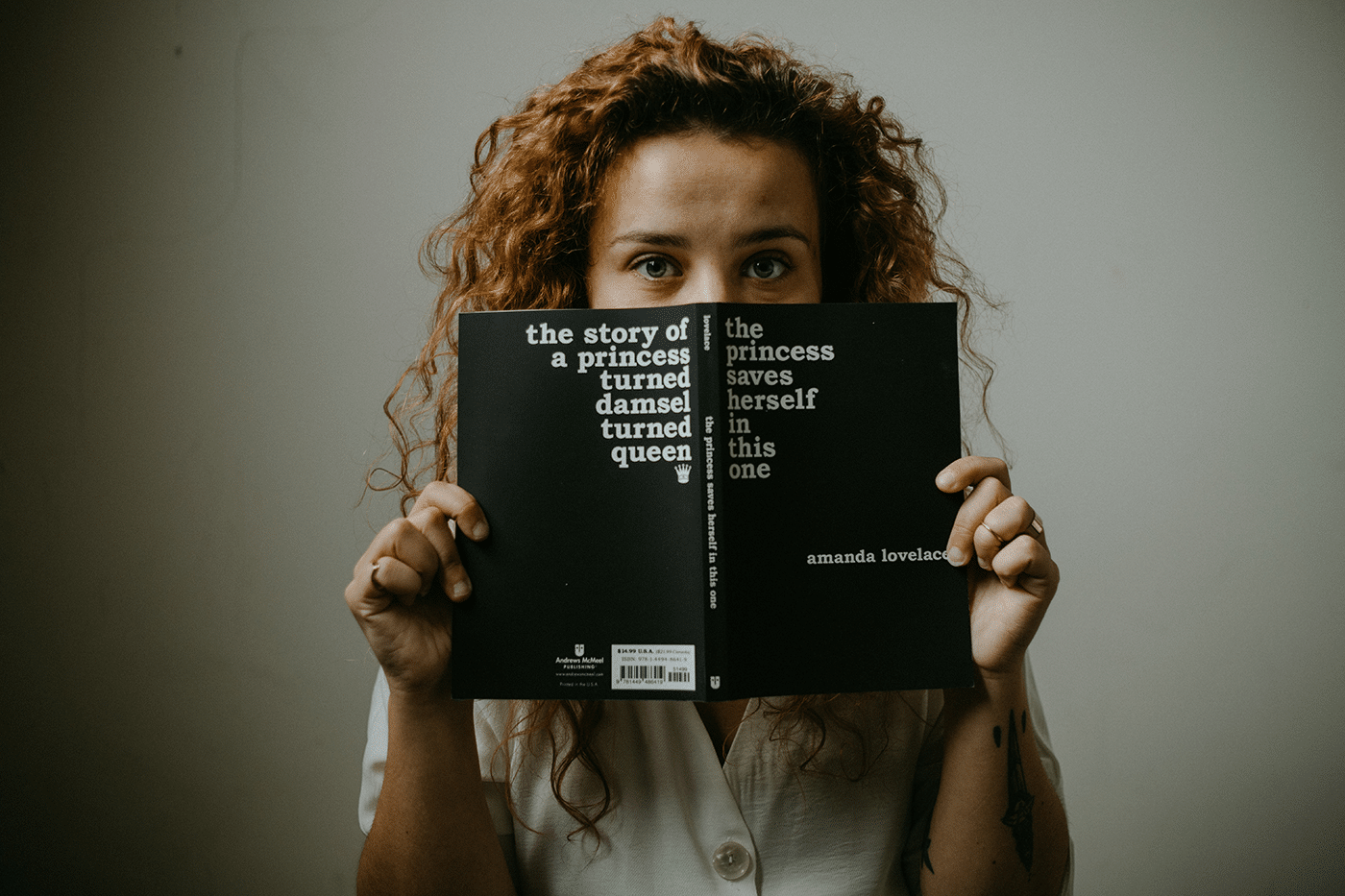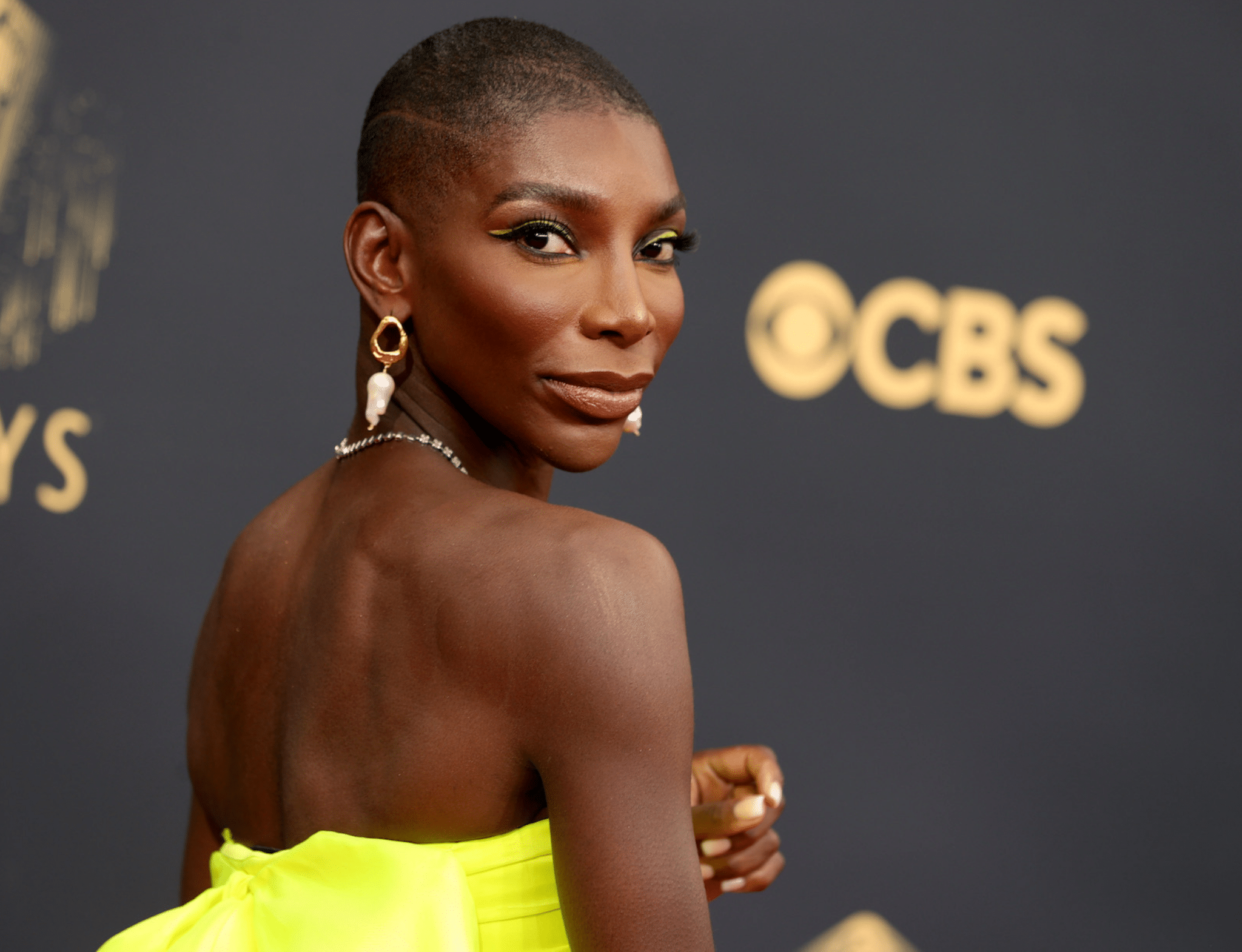The shoe that fits one person pinches another; there is no recipe for living that suits all cases.
Carl Jung
Catherine Eaton’s directorial debut, The Sounding is now available on digital platforms and what a stunning debut it is. An indie gem, the film has been making its rounds on the festival circuit, where it has picked up several jury awards, audience awards and a best cinematography win for DP David Kruta at the Woodstock Film Festival. A celebration of the human spirit, it explores a central question — what does it mean to live a different life?
The film is set (and shot) in Monhegan, just off the coast of Maine. The remote coastal landscape against the backdrop of a raging sea is hauntingly beautiful and untamable, its wildness conjuring up images of moors from a Bronte novel. At the center of this is Olivia, played by Eaton herself. She is the sole grandchild of Lionel (played by Yulin Harris), who has created a peaceful life for them among friends and allies, most notably the family’s lawyer (played by Frankie Faison). Olivia, a literary woman, raised on the greats including Emerson and Shakespeare, hasn’t spoken for most of her life. Lionel, a former doctor, has stopped diagnosing her accepting her as she is. Lionel has throat cancer (the irony of this is hard to miss) and prepares for the next stage of Olivia’s life, inviting his protégée and best friend’s son, Michael (played by Teddy Sears) to be an advocate for her. It’s right about now that Olivia, after years of silence starts talking — in Shakespeare.
The second half of the film takes place largely in a psych ward, where Olivia is locked up, kept behind glass to be studied and labeled, for the comfort of those who seek to understand her. It is here that Olivia uses her charisma and mastery of Shakespeare to try and communicate, charming many of the ward’s other residents and some staff members. But she is largely ignored by doctors and psychologists who are too preoccupied with diagnosing her.
Michael, whose chemistry with Olivia is palpable, can’t come to terms with the fact that this highly intelligent and largely capable woman would choose to speak in the bard’s words. His obsession with trying to answer the why, means Michael largely forgets an important question — why not?
A meditation on the human quest for explanations and reason, Eaton encourages us to examine our own feelings about people we deem different. The film gently encourages us to reflect on what it means to live in a way that is a departure from the rigid social contracts that we are only too willing to sign. And to question the idea that in a society governed by strict social norms, are we ever truly free?
A first-timer in the director’s chair, Eaton takes a deliberate approach with the film. Each scene is a lens into the characters’ motivations, a quiet study of their choices. With Shakespeare’s vast library to choose from, Eaton selects her words carefully, staying true to the universal and timeless applicability of one of the greatest writers of the English language.
Beautifully executed, with mesmerizing performances (Eaton’s command over Shakespeare is exemplary) as is her ability to emote in a film for which she is silent for large stretches, The Sounding is not a passive film. It invites the viewer in to think, reflect and even advocate for its heroine. As a work of art and a testament to our own humanity, The Sounding delivers. It leaves the viewer unseated but with quiet consideration for the unexamined life, and how we can explore it just a little further.






